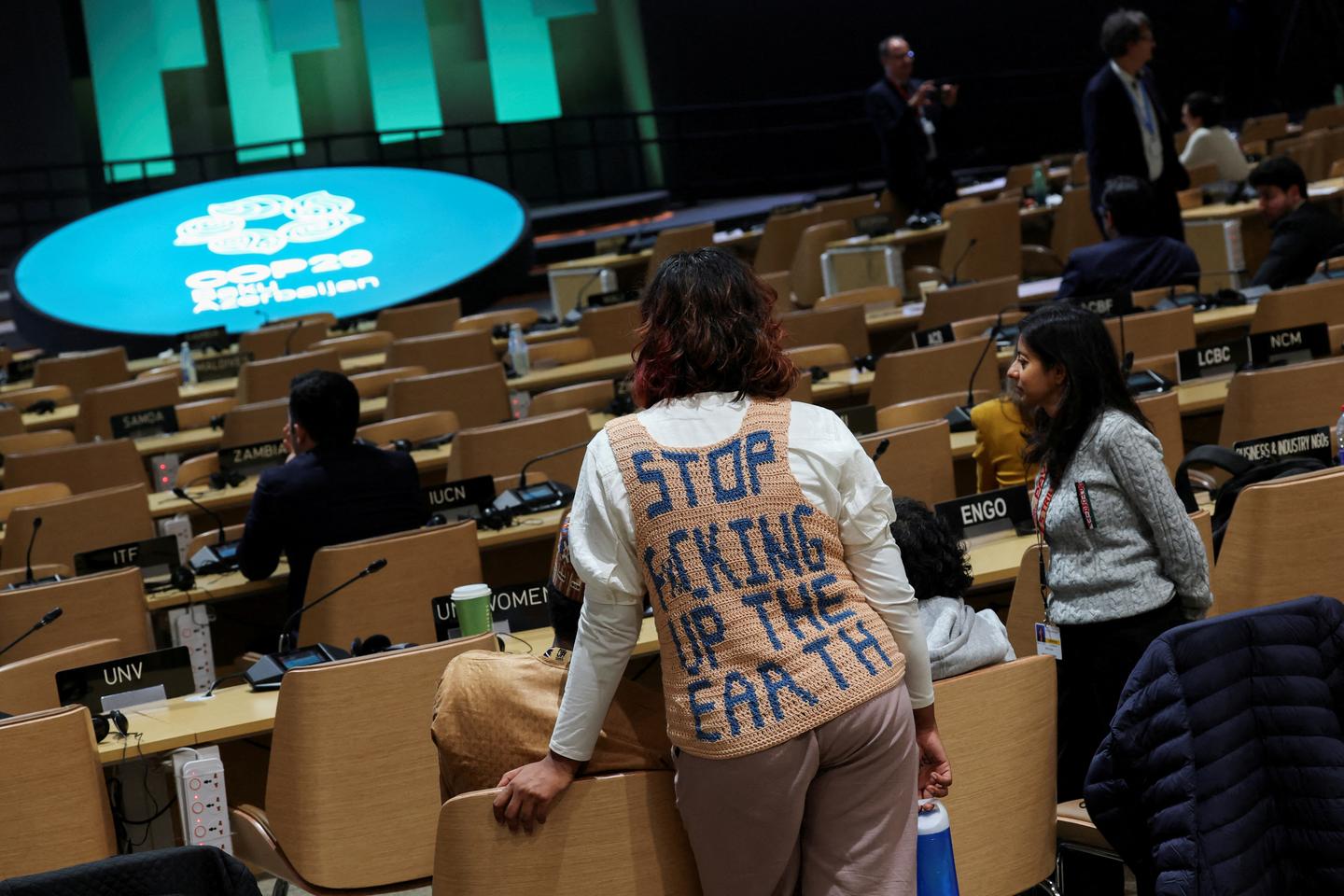


At the end of the prologue to his acclaimed book Collapse (Folio, 2009), American biologist and geographer Jared Diamond explained the reasons underlying his interest in the disappearance of ancient civilizations. "For the first time in history, we face the risk of a global decline. But we also are the first to enjoy the opportunity of learning quickly from developments in societies anywhere else in the world today, and from what has unfolded in societies at any time in the past," he wrote, before describing the end of the Mayas, the builders of the statues on Easter Island or the Viking settlements of Greenland.
Conducting an examination for survival purposes? This intellectual ambition also perfectly sums up the arduous task of the United Nations Climate Change Conference of the Parties (COP). Every year, the 197 countries of the United Nations Framework Convention on Climate Change (UNFCCC) have more and more scientific literature at their disposal. Every year, negotiators can read United Nations (UN) reports on slow implementation of policies. Every year, they measure the distance to be covered and the mass of issues to be resolved in two weeks.
At COP29 in Baku, Azerbaijan, diplomats and ministers kept up appearances. Late at night on Sunday, November 24, they managed to agree on the main text of the conference. By 2035, developed countries will have to provide $300 billion (€284.71 billion) in annual aid to developing countries. The latter have deemed this sum derisory. To cope with the impacts of climate change and to finance their energy transition, the needs of these countries run into the trillions.
Trust eroded
The half-hearted conclusion to this COP should be seen in a broader context, on a road leading from Dubai to Belem (Brazil). In 2023, in the United Arab Emirates, COP28 set an ambition, the "transition away from fossil fuels." The 2025 COP in Brazil will come 10 years after adoption of the Paris Agreement and should be the place to strengthen party states' climate policies, in order to maintain the slim hope of containing warming to less than 1.5°C.
Baku has set further obstacles on this already tortuous path. Indeed, COP29 further eroded trust between the parties. Climate finance is seen by many developing countries as the "reparation" of a "climate debt" owed by the North, since rich countries kept their growth engines running by emitting the vast majority of greenhouse gases since 1850. Polluters must pay, say the leaders of African countries and islands threatened by rising sea levels. According to developing countries, these billions are also the only way to implement the words of Dubai.
You have 52.76% of this article left to read. The rest is for subscribers only.
